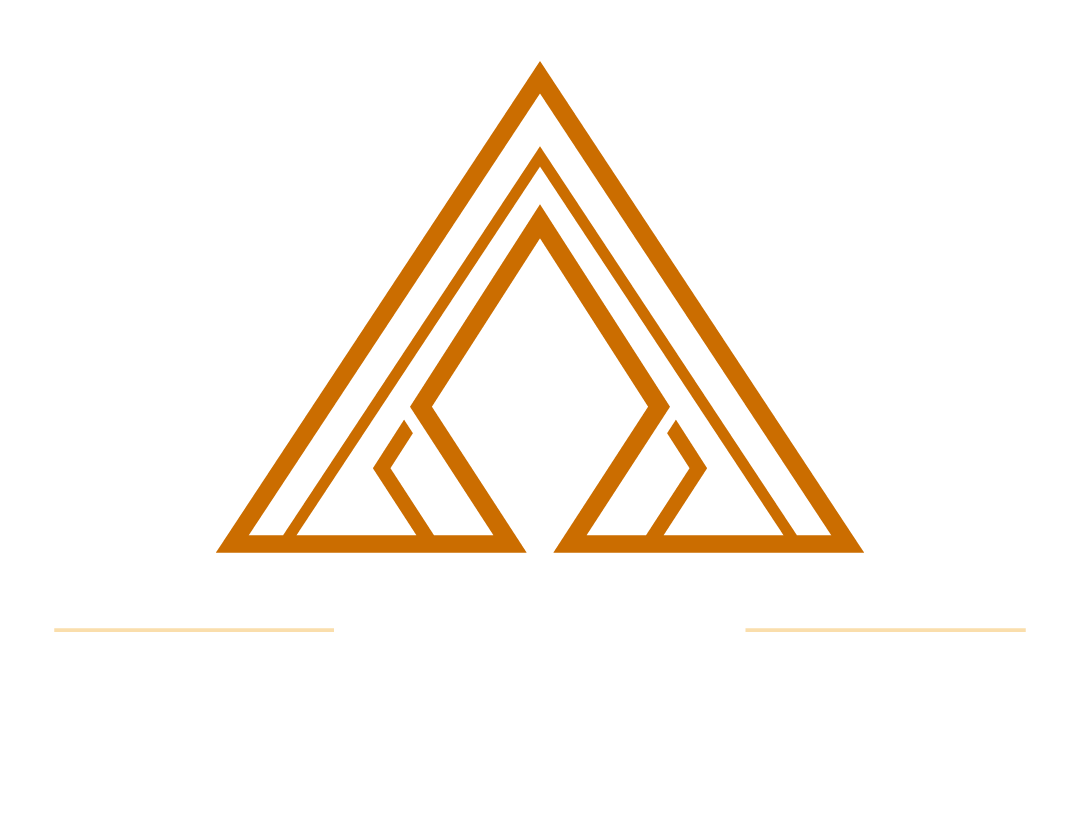Key NDAA Passages Support Emerging Tech
The Alliance secured several key wins in the FY 23 NDAA for emerging and commercial technology procurement - we applaud Congressional staff for working overtime to make sure many key provisions were included in final passage.
FY 23 NDAA Highlights:
Other Transaction Authority Updates
Other Transaction Authority extended to the Intelligence Community (IC)
DHS Other Transaction Authority renewed through end of FY 2024
Production OTA awards over $100m require a national security justification from a senior acquisition executive and Congressional notification
Prototype is defined more clearly as:
Proof of concept, model, or process, including a business process
Reverse engineering to address obsolescence
A pilot or novel application of commercial technologies for defense purposes
Agile development activity
Creation, design, development, or demonstration of operational utility
Security Clearances
The security clearance bridge pilot program is established, allowing the Under Secretary of Defense for Research and Engineering to select up to 75 'innovative technology companies' to sponsor for individual staff security clearances while their facility clearances are in process.
Eligible companies must qualify as 'non-traditional' under OTA definitions, provide tech relevant to DoD's 14 critical technology areas, and offer tech that is unavailable from any existing facility clearance holders.
The Director of National Intelligence shall within 180 days develop a plan to expand access to SCIFs for small emerging technology companies, and report annually to Congress for three years on how security clearance requirements limit ability of emerging tech companies to do business with the government.
FedRAMP and ATOs
The FedRAMP Authorization Act, included in the NDAA, codifies FedRAMP as a formal program within GSA. The language does not imply significant changes in the near term to FedRAMP's operations, though there may be additional oversight on the push to lower compliance burdens and have agencies accept a FedRAMP authorization package without additional controls on top. A Federal Secure Cloud Advisory Committee is to be established including representatives from cloud service providers to make recommendations on how to improve FedRAMP.
The Director of National Intelligence (DNI) is directed within 180 days to establish an IC-wide protocol for reciprocal recognition of ATOs.
New Tech Pilot Programs and Procurement
Emerging Technology Transition Projects Pilot
The Director of National Intelligence (DNI) is directed to designate up to 10 emerging tech projects annually within the intelligence community budget formulation process as Emerging Technology Transition Projects and report annually to Congress on implementation through 2027.
Projects are to be selected from recommendations made by CIA, NSA, NGSA, NRO, and DIA.
Applied AI Pilot Program
Within 270 days, OMB Director to identify 4 AI use cases that support modernization initiatives across siloed data sets.
Within 1 year, pilots to be initiated. Within 3 years, capability to be established within each of the 4 use case pilots.
Air Force to include a new PE line in their FY 24 budget request for procurement of commercial digital engineering and software tools, with a prioritized list sent to Congress outlining preferred tools and providers
Coast Guard to establish an unmanned system program within 2 years, and to retrofit 2 or more existing small boats with autonomous control and computer vision technology
Artificial Intelligence Policy
The Advancing American AI Act
Designates OMB as lead for government-wide AI policies
Directs DHS to issue internal policies on AI acquisition and usage with consideration of privacy and civil liberties.
Within 60 days and continuously for 5 years, all agencies are to maintain and report to OMB an inventory of current and planned AI use cases to be shared with other agencies and the public as practicable and appropriate.
Coast Guard to develop an AI strategy and designate a senior official as responsible for coordinating AI activities
Deputy Secretary of Defense is designated as responsible for identifying, overseeing, and reporting annually to Congress on implementation and progress of priority projects related to AI, digital solutions, and data management
Intelligence Community Procurement Reforms
Office of Commercial Integration to be established to help commercial industry work with IC
DNI must establish policies on ensuring the IC complies with commercial preference in FAR part 10 and 12 procurements
IC software contracts must include success metrics on user adoption, DNI to develop policy within 180 days
Before any software acquisition or renewal, IC element must certify to DoD that the software is up to date, compatible with integration of emerging tech, and appropriately reviewed against alternative products
